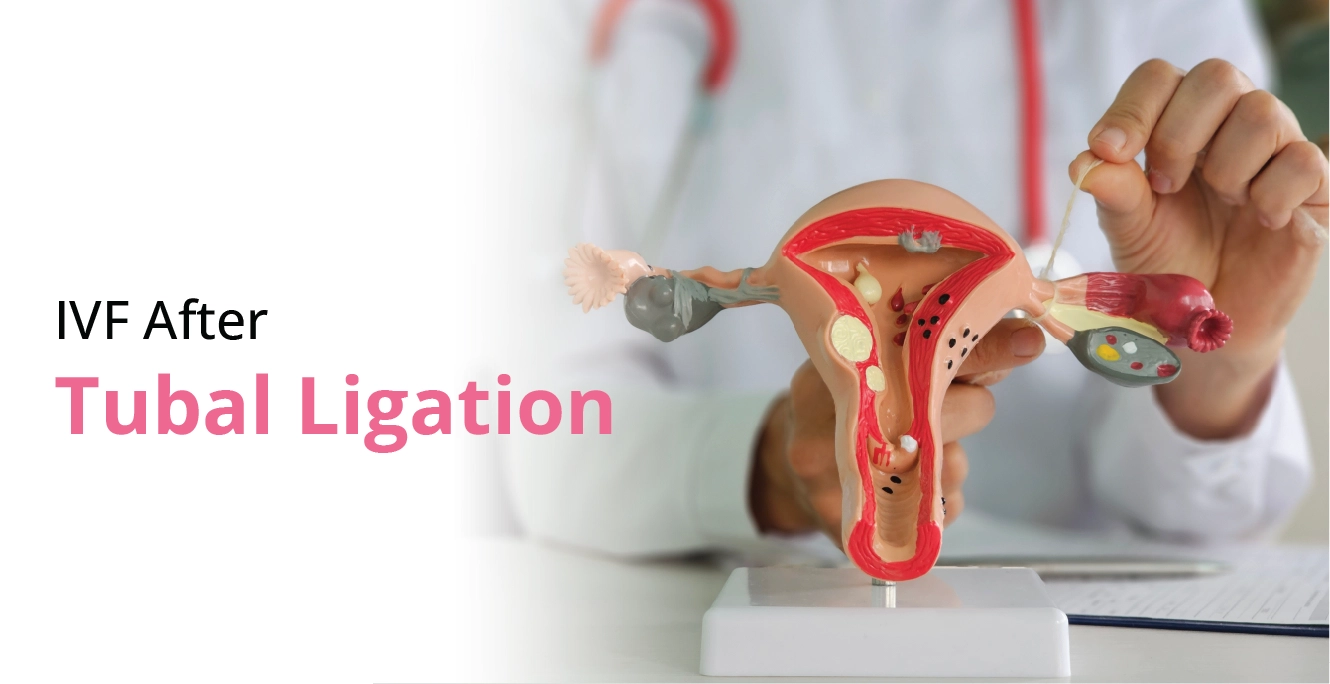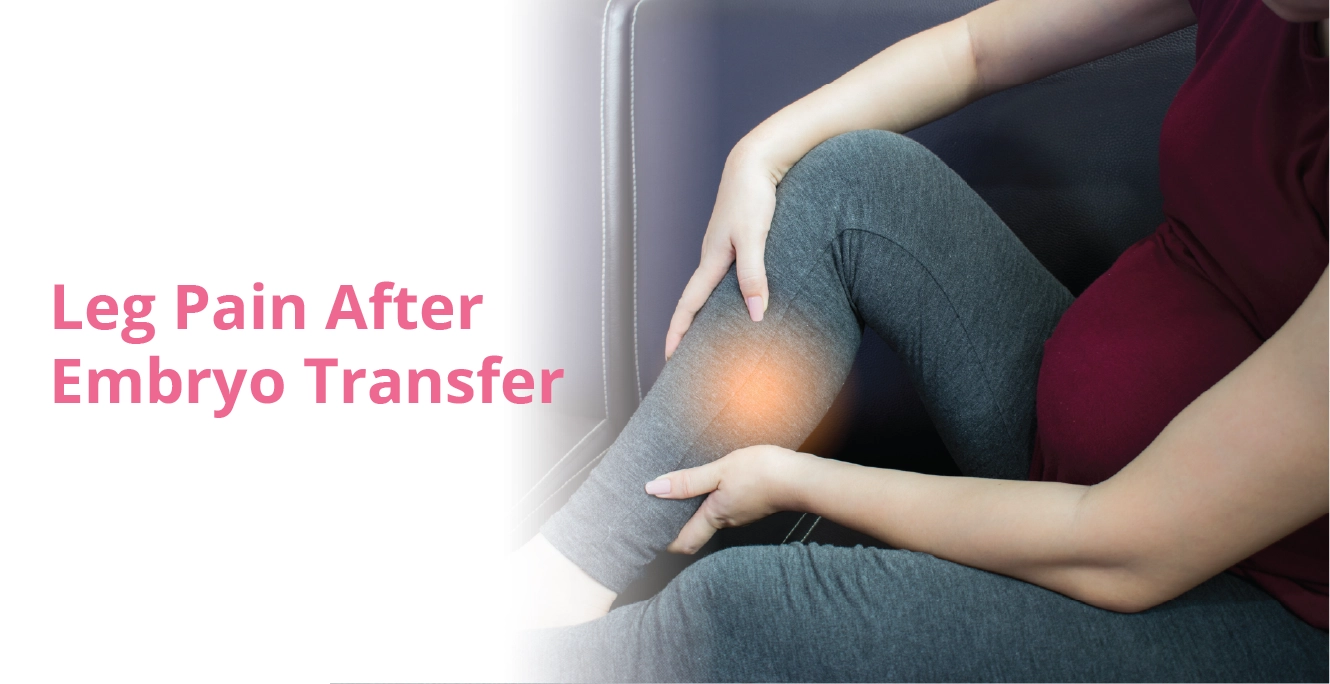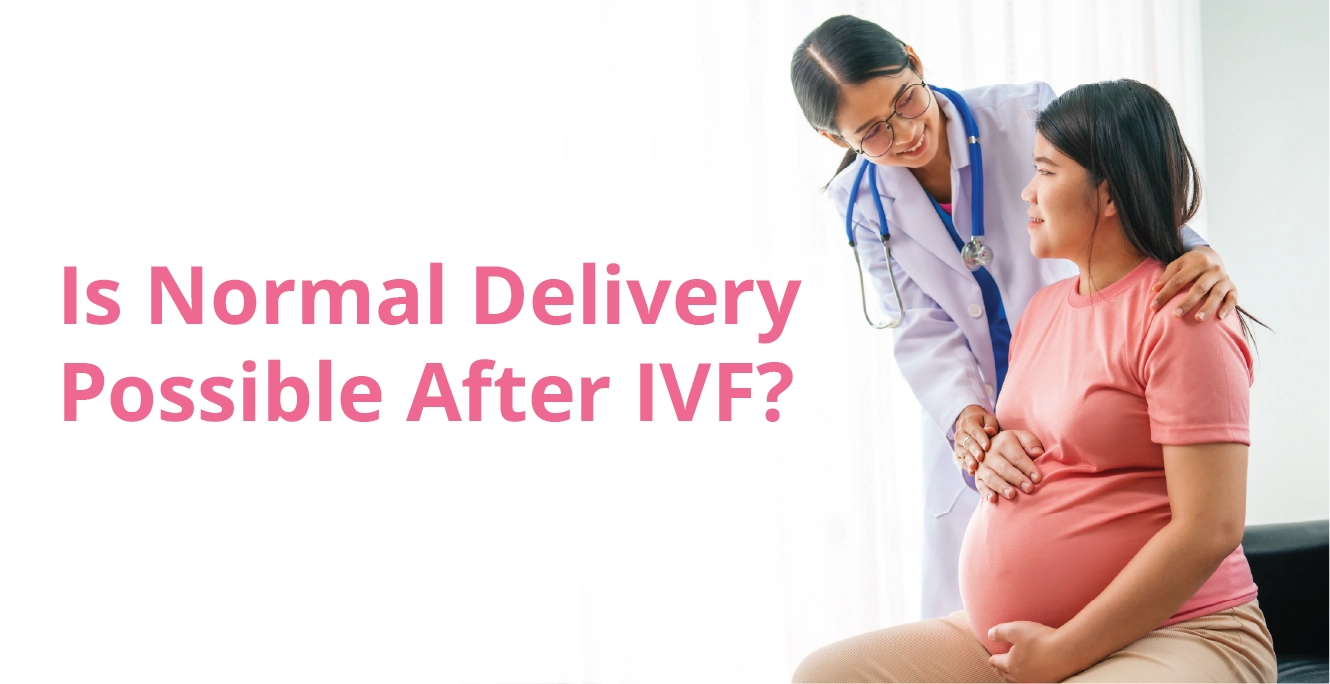
IVF : Advantages & Disadvantages

Table of Contents
IVF is a term that has been around for a long time. Every couple that wishes to hear happy cries in their home should be given the option and support to do so. IVF is one such assisted reproductive technology that can help couples fulfill their dream of parenthood. IVF has helped more than 8 million babies worldwide and is one of the best options for couples who cannot conceive naturally after trying for more than 1 year.
Give this 5 minutes article a read to understand IVF’s advantages and disadvantages.
Advantages of IVF
This process is beneficial for patients who are not able to conceive a baby naturally. People who have been diagnosed with some or the other infertility issues can be hopeful if they try IVF. Patients who are diagnosed with blocked fallopian tubes, ovulatory disorder, pelvic adhesions, decreasing quality of egg due to age, endometriosis in women and low sperm count, sexual dysfunction and absence of sperm in males may have a chance of their cause of infertility is diagnosed at the right time and a personalised treatment plan is carried out to help couples fulfil their dream of parenthood.
- The right diagnosis and treatment can be determined – There are times when the cause of infertility is unknown, and the couple keeps on trying without consulting or being aware of the right cause behind why they cannot conceive naturally. Visiting the IVF expert can help uncover any fertility problem so that appropriate solutions can be provided to help them conceive with the help of assisted reproductive technology.
- Transfer of healthy sperm and eggs- In IVF, specialists make sure to test the sperm and eggs before transferring them to the uterus. The process is also called embryo culture where embryos are tested for any genetic disorder that may be passed on from generations. Before IVF, pre-implantation genetic screening is done to diagnose any genetic illnesses such as cystic fibrosis, down syndrome or Duchenne muscular dystrophy etc., to ensure that a child born will not suffer from the disorder.
- Solution for premature ovarian failure- A doctor may start with hormone replacement therapy (HRT) to help reduce the symptoms of Premature ovarian failure. If a patient who is planning to become pregnant can discuss several options with the doctor. There are medications given that can help stimulate the growth or release of eggs. However, it might be difficult for someone with premature ovarian failure to conceive a baby using their own eggs. For this, the only option left is, to look for an egg donor.
- Beneficial for patients with a low ovarian reserve- Patients whose ovarian reserve is decreasing with age do have a limited set of options and it might be difficult for them to conceive naturally. Therefore, IVF might be one of the options for older patients or they can also opt for surrogacy or egg donors.
- Can help single parent- There are several advantages and disadvantages of IVF, using sperm from a donor while undergoing IVF treatment can help a single woman to become a mother to a healthy baby.
Disadvantages
- IVF cycle can be unsuccessful- Patients who have been trying for quite some time are not very optimistic about their results. There might be chances that patients might have to undergo multiple cycles before they are successful. The success of each cycle varies from patient to patient, and only a fertility expert can provide a more precise and personalized chance of success. It’s critical to be both realistic and optimistic about your chances of success.
- Risk of multiple pregnancies – In IVF, as the cost and the window of getting pregnant keeps on decreasing, couples usually prefer to opt for implanting more than one embryo so as to increase their chances of conceiving. There are several risks when it comes to multiple pregnancies, such as premature labor, miscarriage, immediate cesarean, stillbirth, and infant health problems. To reduce the risk and chances of multiple pregnancies, pre-genetic screenings and all other tests should be done to avoid miscarriage, stillbirth, and genetic disorders.
- IVF can take an emotional toll on the health- Thinking and going for IVF can be emotionally and mentally stressful and exhausting. You start to feel that not everyone will understand what and why you need IVF. Both partners go through emotional and stressful experiences.
- IVF can increase the risk of prematurity in the baby– In IVF, the risk of premature birth increases due to high stimulation. Premature delivery may increase the child’s risk of long-term health problems. High estrogen levels can affect the uterine environment of the uterus. With the help of the right medication, it has been observed that babies born are more likely to be born without any defects, but for this, estrogen levels should be maintained so that the baby delivered is healthy.
- Chance of ectopic pregnancy- Ectopic pregnancy after IVF seems to be linked to preexisting tubal disease. There are chances when the embryo is transferred into the uterus, it might result in ectopic pregnancy.
Different Types of Fertility Treatments than IVF
Fertility doctors offer personalised treatment plans to help make it a successful pregnancy it is suggested to visit a fertility expert who can outline the entire procedure and point out all advantages and disadvantages so that the couple can make an informed decision. Following are the infertility treatment options offered to the couple:-
- Intrauterine Insemination (IUI)
Intrauterine Insemination (IUI) is a treatment offered to couples before moving to IVF. Artificial insemination is a fertility procedure in which healthy and viable sperm are put directly inside the uterus.
- Ovulation Induction
Necessary hormones are given to women to stimulate egg development and help in ovulation. Doctors may suggest you take these hormonal injections at home as these drugs have been designed to induce ovulation in women who are not able to ovulate during their ovulation cycle. These cases usually arise in women with irregular menstrual cycles.
- Intracytoplasmic Sperm Injection (ICSI)
Intracytoplasmic Sperm Injection (ICSI) is a procedure in which the IVF specialist injects a healthy sperm directly into the uterus for fertilisation by bypassing the stage where the sperm has to penetrate the egg naturally.
- Frozen Embryo Transfer (FET)
Frozen embryo transfer is an option for couples who plan to get pregnant later in their life or who are suffering from genetic disorders. People suffering from genetic disorders or have ovulatory disorders plan to freeze their healthy sperm and eggs to transfer the best eggs and sperm to the uterus.
- Blastocyst Culture
It is when only a single selected embryo, after fertilising, i.e. on the 5th or 6th day, is transferred to the uterus to avoid multiple pregnancies.
- LAH | Laser-Assisted Hatching
Laser-Assisted hatching is a producer done after blastocyst culture. It is for patients who have a history of repeated IVF failures, or have advanced age, or patients who have diminished ovarian reserve.
Conclusion
In vitro fertilization (IVF) is a series of complex procedures that includes multiple steps. Each step is performed with precision to get a positive outcome in order to schedule the following step. The positive result of each step is important and the complete cycle is based on the level of progression. The above article tells about the advantages and disadvantages of the IVF. As we all know, IVF is helpful for assisted reproduction and has fulfilled many dreams of parenthood. However, on the other hand with every procedure, there are a few potential complications that can be termed as disadvantages. If you are also looking for an effective IVF treatment and want to discuss its advantages and disadvantages, consult our fertility expert today for free.
FAQs
1. Can IVF cause health problems?
Each patient’s body is different, so the effect IVF has on the body may also differ. Doctors do their best with the help of the right tests to determine whether the baby delivered is healthy, but this right diagnosis is essential.
2. Do IVF babies have problems?
No, this is a myth that IVF babies have a problem. But they are as healthy as a naturally delivered baby. All tests and diagnoses are done before the embryos are transferred so as to determine only healthy sperm and eggs are taken for fertilisation.
3. Why is IVF high-risk?
The risk of ectopic pregnancy can take place in IVF. This happens when the embryos get implanted in a fallopian tube instead of the uterus.
4. Is IVF better than natural conception?
Be it natural or IVF, what matters is the delivery of a healthy baby. As per research, IVF has been considered to give a better chance of healthy delivery as all tests and genetic screenings are done before implantation.
5. Does fertility increase after IVF?
If the right diagnosis is made and treatment is completed, couples can conceive even naturally.
Our Fertility Specialists
Related Blogs
To know more
Birla Fertility & IVF aims at transforming the future of fertility globally, through outstanding clinical outcomes, research, innovation and compassionate care.
Had an IVF Failure?
Talk to our fertility experts

 Our Centers
Our Centers













